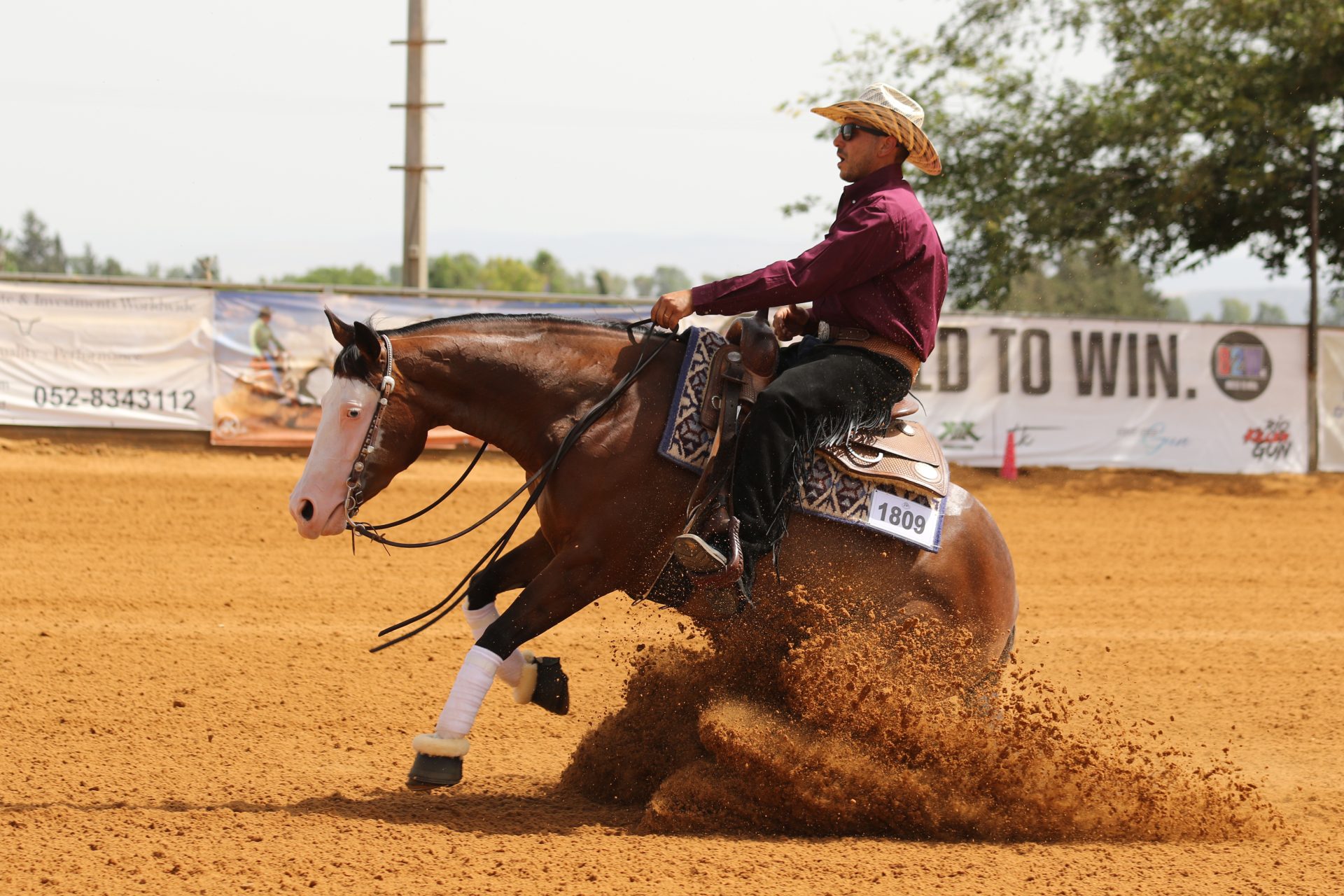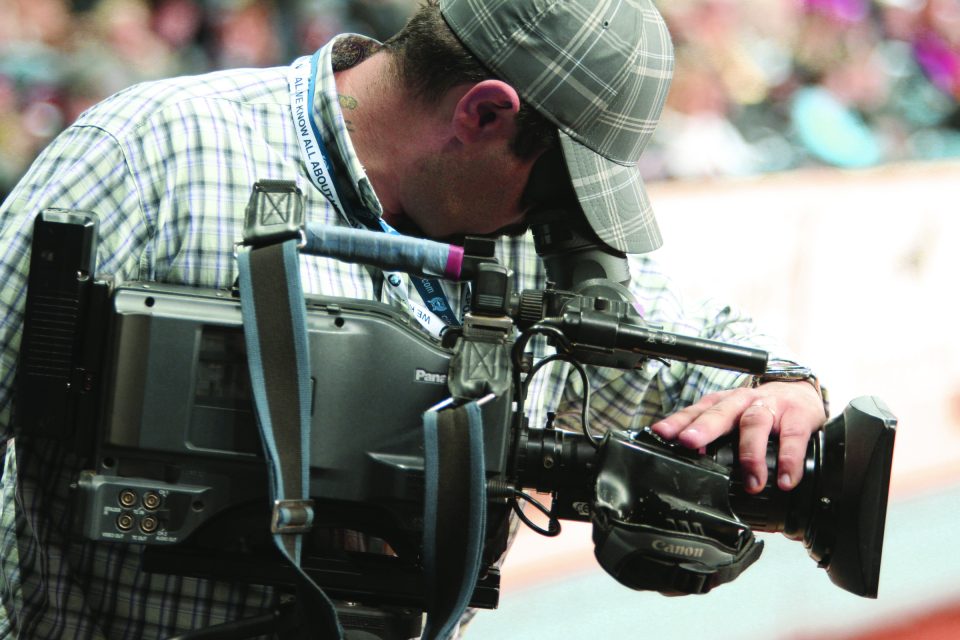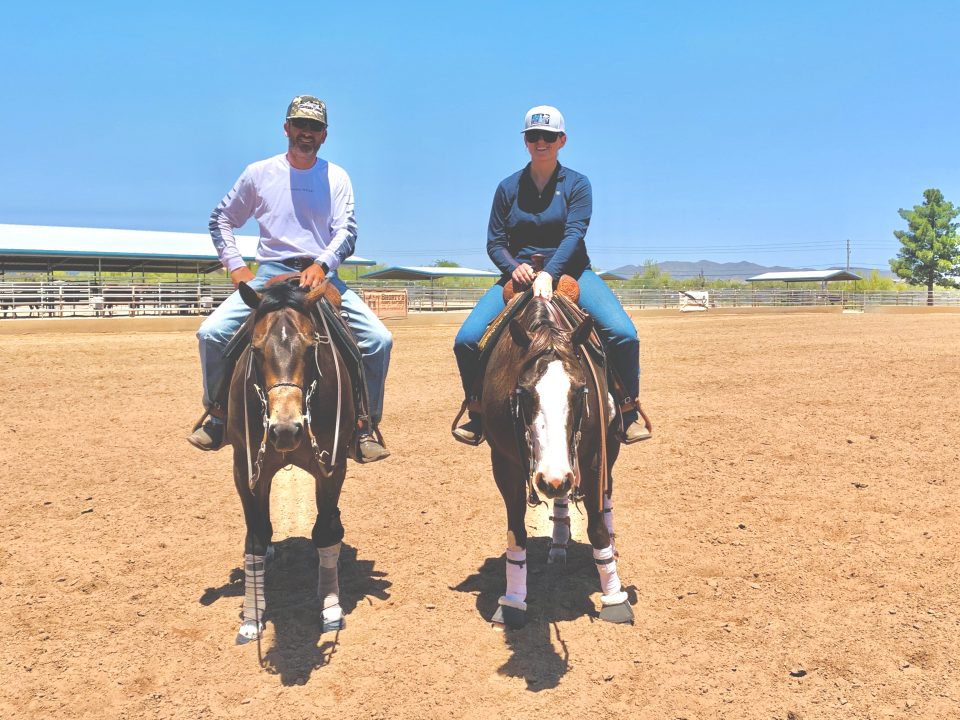Working abroad can have a big impact on your business.
By Abigail Boatwright

As an up-and-coming trainer, so much value can be gained from learning from more experienced horsemen. But if opportunities in your own country are limited—or the chance to work with a trainer in another country arises—working internationally can have many benefits. But before you update your passport and hop on a plane, you need to consider the logistics—and the challenges. We consulted with three trainers who’ve each spent time abroad while gaining experience under reining trainers to share their experiences.
Gil Friedman
Born in the U.S., Gil Friedman emigrated to Israel with his parents when he was young. He was always interested in horses, but felt he could learn a lot from trainers in America. When he was 18, he took the advice of another Israeli horseman who worked in America, and after a two-week visit, moved to Damascus, Maryland, to work for Bob LaPorta at Summer Wind Farm. He lived in Maryland—in provided housing on the farm—for two years, starting in 2005. He then moved to Woodstock, Illinois, and worked for Dan Huss till the end of 2009. During those years, he soaked up all he could, riding horses all day, every day, and attending major NRHA events. He returned to Israel and attended college for four years, taking a break from horses for two of them. Today, he lives just outside Tel Aviv and has a handful of reiners in his program and provides performance mindset coaching targeted to the equine industry. Friedman attributes his time in the United States with gaining priceless experience as a trainer and horseman.
What are some things you learned working abroad that you might not have learned in your home country?
Friedman: One of the biggest things I learned, specifically going to the U.S. from Israel, is how to train horses with the idea of progress. And it’s amazing, the number of horses that you ride. As a young trainer in Israel, you may ride three or four or five horses a day. But when you go to the U.S., I can tell you, my first year starting colts, I had 10 2-year-olds, and my boss told me to go start them. I had to learn how to start all of those horses. But that was the amazing thing—you get to start and train horse after horse, and that’s where you learn to master your ability.
What kind of challenges did you encounter working in another country, and how did you handle them?
Friedman: When I made my decision [to move to America], it was always about being a professional. But looking back, if I would have moved to Arizona or Texas, more of a reining horse-y area, I think there would be more assistance. I would’ve had more of a community, a social life, and I maybe would have stayed a couple more years. You choose to go away from your family, your friends, things that you love—but then when you have a day off, you still need those people to help you when you need to take a break.
How did you handle the visa situation?
Friedman: I have an American citizenship, so a work visa was not an issue.
Do you have any advice for someone considering working with a trainer abroad?
Friedman: Make sure that, before you move, you find a trainer who you think is the right one for you to learn from. Ask as many people as possible who you trust for advice on who to work for. Second, think about community. The worst thing you can do is go there for one year and come back home. Then it’s just a trip. It’s not the experience you get from being there for three years and seeing those horses progress through each stage of training. Make sure you’re going somewhere you feel good, where you can benefit from what you’re learning. Finally, my advice is to work hard. Be committed to being the hardest-working person in the barn. Start before the trainer, and leave after he goes home. You’ve got to be humble.
Read the rest of this article at the links above.



